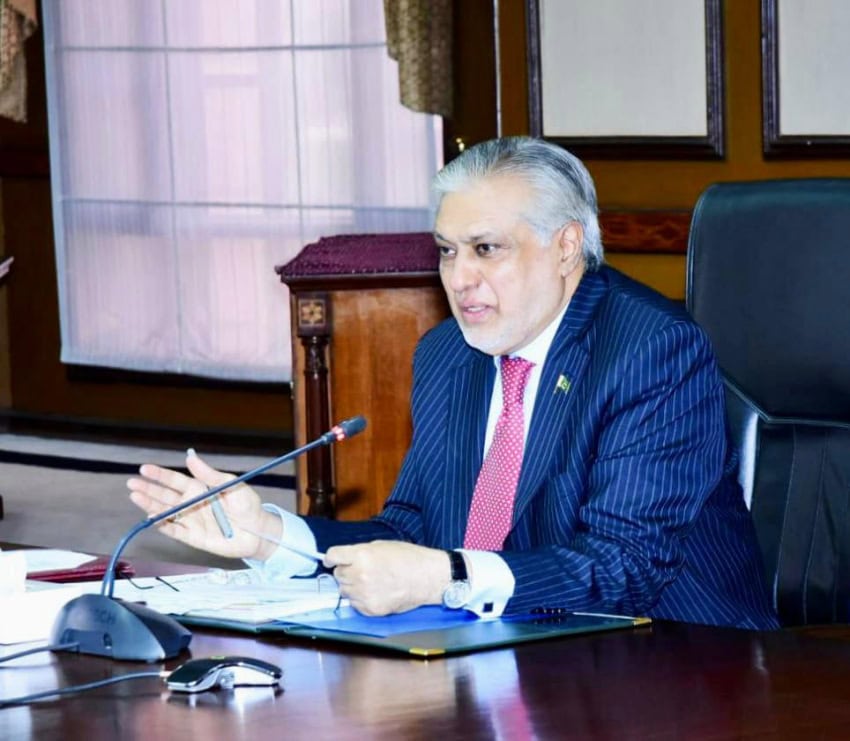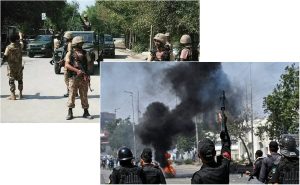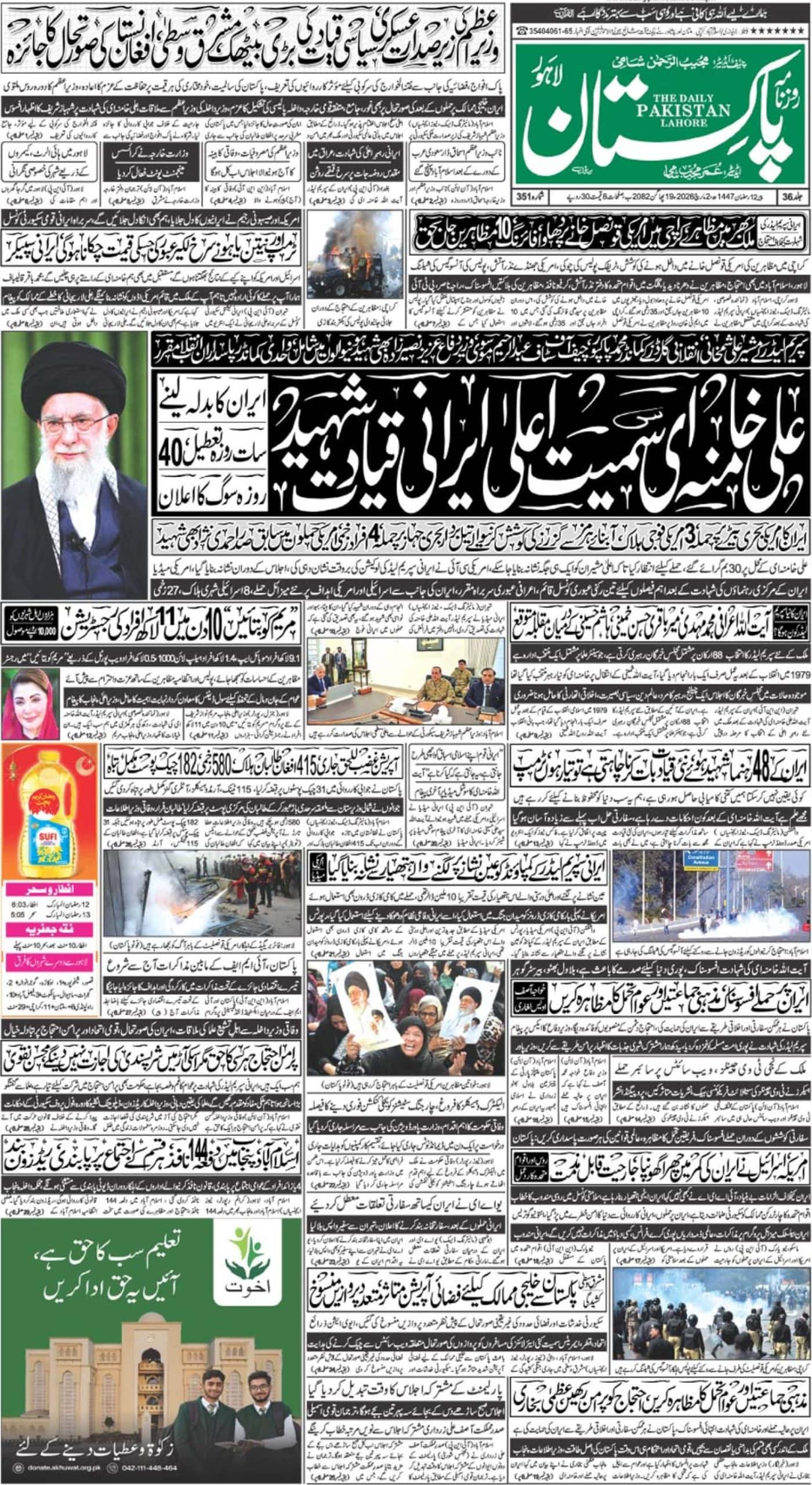ISLAMABAD – The IMF Executive Board on Wednesday approved the $3 billion stand-by arrangement for Pakistan.
Finance Minister Ishaq Dar made an announcement in this regard through a tweet on Wednesday night.
IMF Executive Board approved today Stand-by Agreement (SBA) for US$ 3 billion for Pakistan! https://t.co/eU6naaALBi
— Ishaq Dar (@MIshaqDar50) July 12, 2023
A press release published by the IMF on its website says, “Today, the Executive Board of the International Monetary Fund (IMF) approved a 9-month Stand-By Arrangement (SBA) for Pakistan for an amount of SDR2,250 million (about $3 billion, or 111 percent of quota) to support the authorities’ economic stabilization program.
“The arrangement comes at a challenging economic juncture for Pakistan. A difficult external environment, devastating floods, and policy missteps have led to large fiscal and external deficits, rising inflation, and eroded reserve buffers in FY23.
“Pakistan’s new SBA-supported program will provide a policy anchor for addressing domestic and external imbalances and a framework for financial support from multilateral and bilateral partners. The program will focus on (1) implementation of the FY24 budget to facilitate Pakistan’s needed fiscal adjustment and ensure debt sustainability, while protecting critical social spending; (2) a return to a market-determined exchange rate and proper FX market functioning to absorb external shocks and eliminate FX shortages; (3) an appropriately tight monetary policy aimed at disinflation; and (4) further progress on structural reforms, particularly with regard to energy sector viability, SOE governance, and climate resilience.
“The Executive Board’s approval allows for an immediate disbursement of SDR894 million (or about US$1.2 billion). The remaining amount will be phased over the program’s duration, subject to two quarterly reviews.”
Following the Executive Board discussion, Kristalina Georgieva, Managing Director and Chair, made the following statement:
“Pakistan’s economy was hit hard by significant shocks last year, notably the spillovers from the severe impacts of floods, the large volatility in commodity prices, and the tightening of external and domestic financing conditions. These factors together with uneven policy implementation under the EFF combined to halt the post-pandemic recovery, sharply increase inflation, and significantly depleted internal and external buffers. The authorities’ new Stand-By Arrangement, implemented faithfully, offers Pakistan an opportunity to regain macroeconomic stability and address these imbalances through consistent policy implementation.
“The authorities’ FY24 budget, which targets a modest primary surplus, is a welcome step toward fiscal stabilization. The anticipated improvement in tax revenues is critical to strengthen public finances, and to eventually create the fiscal space needed to bolster social and development spending. Maintaining discipline over non-critical primary expenditure will be essential to support budget execution within the envisaged envelope. In parallel, the authorities urgently need to strengthen energy sector viability by aligning tariffs with costs, reforming the sectors cost base, and better-targeting power subsidies. Looking beyond this fiscal year, enhanced efforts to expand the tax base and improve public financial management, including in the delivery of quality infrastructure, are needed and increase progressivity and efficiency.
“The recent increase in the policy rate by the SBP is appropriate given the very high inflationary pressures, which disproportionately impact the most vulnerable. A continued tight, proactive, and data-driven monetary policy is warranted going forward. A market-determined exchange rate is also critical to absorbing external shocks, reducing external imbalances, and restoring growth, competitiveness, and buffers. Close oversight of the banking system and decisive action to address undercapitalized financial institutions would support financial stability.
“Accelerating structural reforms to build climate resilience, enhance safety nets, strengthen governance, including of state-owned enterprises, and improve the business environment by creating a level-playing-field for investment and trade are necessary for job creation and raising inclusive growth.”














